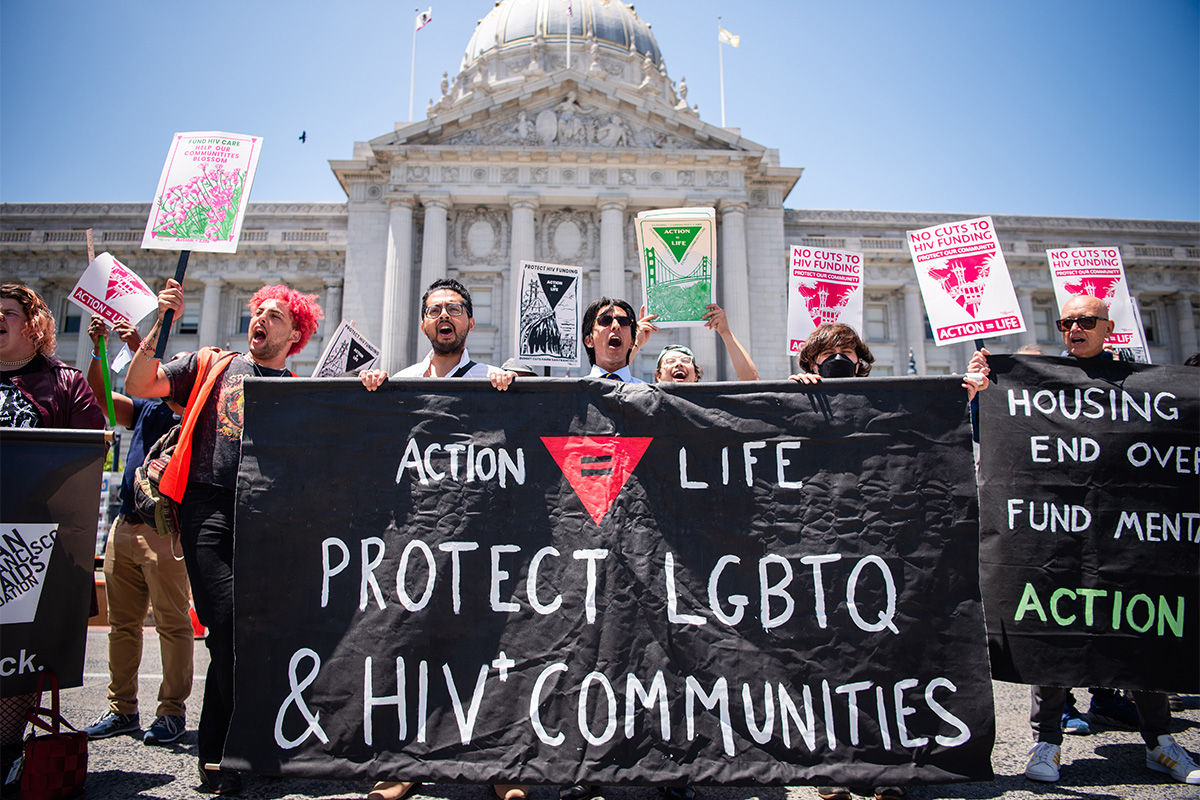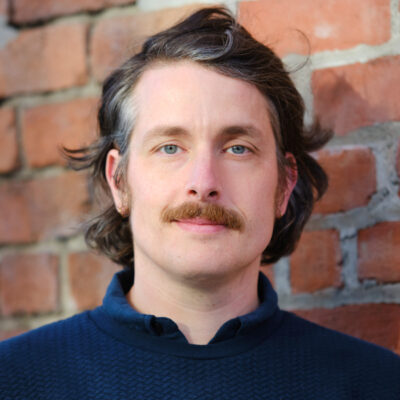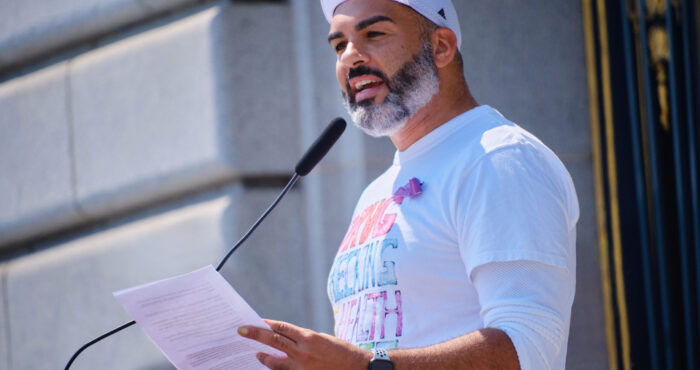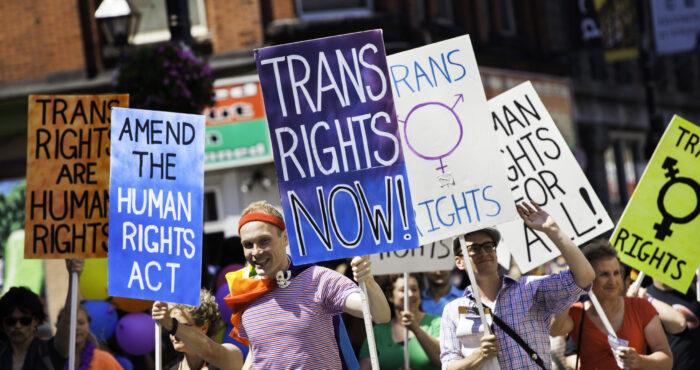Vote yes on Prop 35 to improve healthcare for people on Medi-Cal

Over on our HIV Advocate’s Guide to the 2024 Election, San Francisco AIDS Foundation (SFAF) recently endorsed Proposition 35. In this blog post, we’ll dig a little deeper into Prop 35 by answering some questions about the statewide ballot measure and how it will impact people affected by HIV.
What would Proposition 35 do?
The most important thing that Prop 35 would do is require California to use money from a tax on health-insurance companies for certain purposes related to Medi-Cal and lowering prescription-drug prices. For example, the proposition would force the state to use the tax money to pay primary-care providers more for seeing Medi-Cal members. (Many providers currently don’t accept patients who are Medi-Cal members, because the pay is too low.) In recent years, California has used these healthcare-tax funds for purposes unrelated to healthcare; Proposition 35 is trying to prevent that.
What else would the proposition do?
Prop 35 would also make the tax on health-insurance companies, which is called the “MCO tax,” permanent. Right now, the California Legislature decides every three years whether to continue the tax.
How would Prop 35 impact people affected by HIV?
Almost a third of all people living with HIV (PLWH) in California—an estimated 42,000 people—rely on Medi-Cal for their HIV care. Many more Californians at risk of HIV depend on Medi-Cal to access HIV prevention services like PrEP. Medi-Cal members affected by HIV currently often struggle to find—and then face long waits for—HIV specialists and other providers who will take inadequate Medi-Cal pay. Putting MCO tax funds toward raising provider pay should increase the number of providers available to Medi-Cal members affected by HIV, reduce their wait times, and ultimately improve their care.
Who is against Proposition 35?
California Governor Gavin Newsom opposes Prop 35 because he wants to be able to use money from the MCO tax to fill holes in the state budget, even if they don’t have anything to do with healthcare. In addition, a few advocacy groups are against the ballot measure because it takes funding away from some health services, like those provided by community health workers.
Who is for the proposition?
Dozens of organizations representing doctors, hospitals, and community health centers support Prop 35. Many reproductive-health and LGBTQ+ advocacy organizations, including Planned Parenthood Affiliates of California and Equality California, are also in favor of the ballot measure. Along with other HIV-service providers like APLA Health, SFAF recommends vote “yes” on Proposition 35.
To see SFAF’s other voting recommendations, and get information about registering to vote and casting your ballot, check out our HIV Advocate’s Guide to the 2024 Election.










